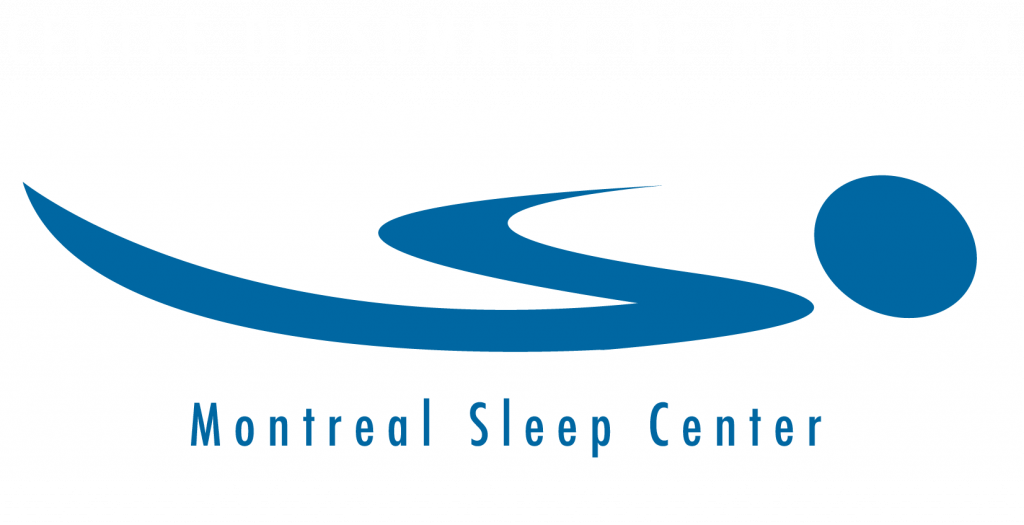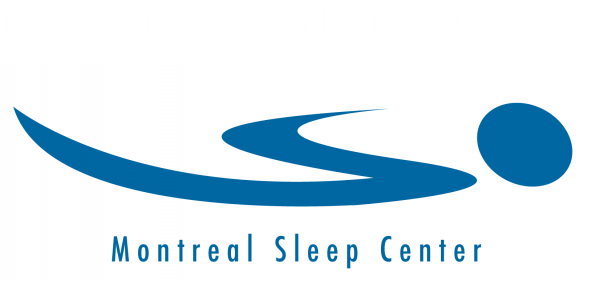The use of continuous positive airway pressure (CPAP) has a superior effect compared with laparoscopic gastric banding (LGB) surgery on the effective apnea-hypopnea index (AHI) in patients with obstructive sleep apnea (OSA), according to the results of a recent randomized controlled trial (ClinicalTrials.gov identifier: NCT01187771) published in the American Journal of Respiratory and Critical Care Medicine.
Study participants were between 18 and 65 years old and met the following inclusion criteria: body mass index 35 to 45 kg/m2, severe OSA (as defined by AHI ≥30 events/hour [level 1 study] or AHI ≥20 events/hour [level 3 study], with ≥1 symptom of OSA. All patients underwent polysomnography at baseline, at 9 months, and at 18 months.
A total of 49 patients were randomly assigned to receive either LGB or CPAP treatment. In the LGB arm (n=28), 50% (14 of 28) of participants underwent LGB only, 36% (10 of 28) received CPAP only, and 14% (4 of 28) underwent neither. In the CPAP arm (n=21), 95% (20 of 21) of participants received CPAP only and 5% (1 participant) began CPAP, followed by LGB surgery.
In the intention-to-treat analysis, LGB was associated with a significantly greater decline in body mass index (39.1±2.9 kg/m2 at baseline and 35.9±3.5 kg/m2 at 9 months) compared with CPAP (38.7±3.1 kg/m2 at baseline and 37.4±3.7 kg/m2 at 9 months; P =.01). Additionally, in the intention-to-treat analysis, the effective AHI at 9 months was 29.5±23.4 events/hour vs 20.0±25.3 events/hour in the LGB vs CPAP groups, respectively (P =.02). Although improvements on the Epworth Sleepiness Scale were reported with both treatments, the difference between the 2 treatment arms was not significant.
This represents the first randomized trial to compare bariatric surgery with CPAP as initial treatment for OSA. The study findings demonstrated that at 9 months, the effective AHI was significantly lower with CPAP vs LGB, despite that no differences in daytime sleepiness (Epworth Sleepiness Scale scores) were observed between the arms.
The investigators concluded that CPAP is a more effective strategy than LGB for controlling OSA, but weight loss may still have a place as an adjunctive therapy.
Reference
Bakker JP, Tavakkoli A, Rueschman M, et al. Gastric banding surgery versus CPAP for obstructive sleep apnea: a randomized controlled trial [published online October 16, 2017]. Am J Respir Crit Care Med. doi:10.1164/rccm.201708-1637LE
Source: pulmonologyadvisor.com

